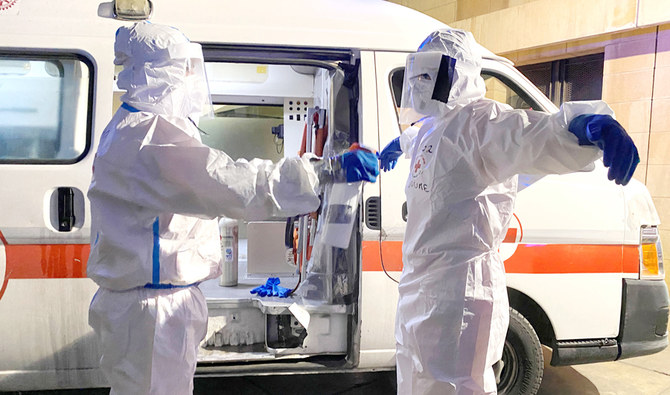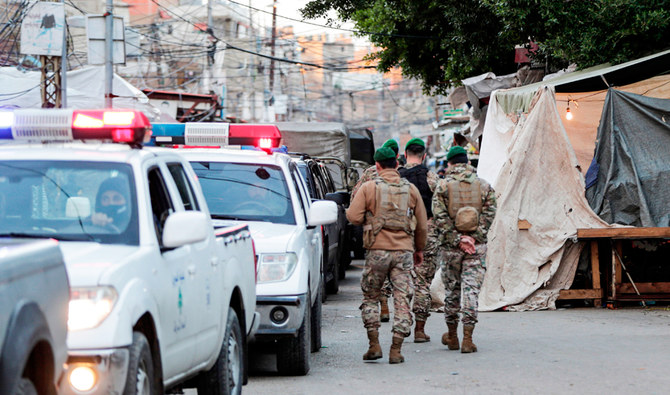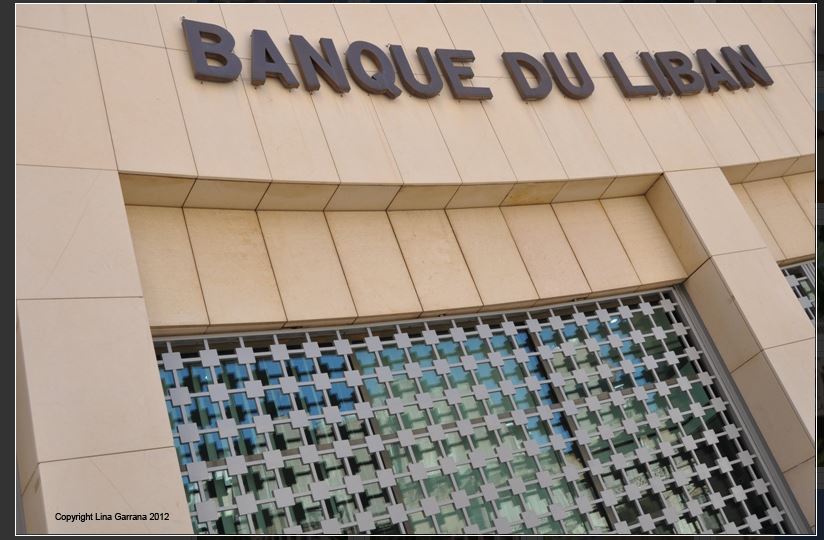
by BY KEN STICKNEY — theadvocate.com — Thirty-seven years after terrorists exploded a truck bomb in a Marine barracks in Lebanon, killing 241 U.S. military personnel, Iran has started to pay. Among the victims that day: Lex Trahan, 19, a Comeaux high graduate and the lone child of Percy “Blackie” Trahan and his wife, Shirley, of Lafayette. Attorney Warren Perrin, who represents the Trahan family, said he was notified Sunday that the first payment — $300,000 — of an almost $50 million settlement had arrived. Settlement of the suit will be made as assets of the Iranian regime are secured. They will generally be reaped from seizure of illegal goods; in this case, the payment to the Trahans and others was made by capturing an Iranian ship that was trying to illegally evade an embargo last year. Payments will vary according to how much illegal goods are seized. Perrin said Trahan’s father, “Blackie,” the sole remaining member of the family, was “really moved” that the initial payment of the settlement had arrived. His wife died in 2019.
Lafayette family awarded nearly $50 million for son’s death in Marine Barracks terrorism case Lex Trahan joined the Marines in 1982 and planned to attend college when his service was complete. His intention was to work in the energy industry. But first Trahan, a combat engineer, was assigned to duty in Beirut, Lebanon, as part of a multinational peacekeeping effort. His room was on the third floor of a four-story dormitory when a terrorist driving a truck loaded with some 2,500 pounds of explosives broke through steel fences and sandbags at 6:20 a.m. Oct. 23, 1983, creating an explosion that left a crater 30 feet deep and 40 feet wide. The death toll included 220 Marines, 18 Navy sailors, three Army soldiers and some 60 French peacekeepers.

/cloudfront-us-east-1.images.arcpublishing.com/mco/5DL4OJ3VLZDYNNTRIK4TTUYP6A.jpg)









